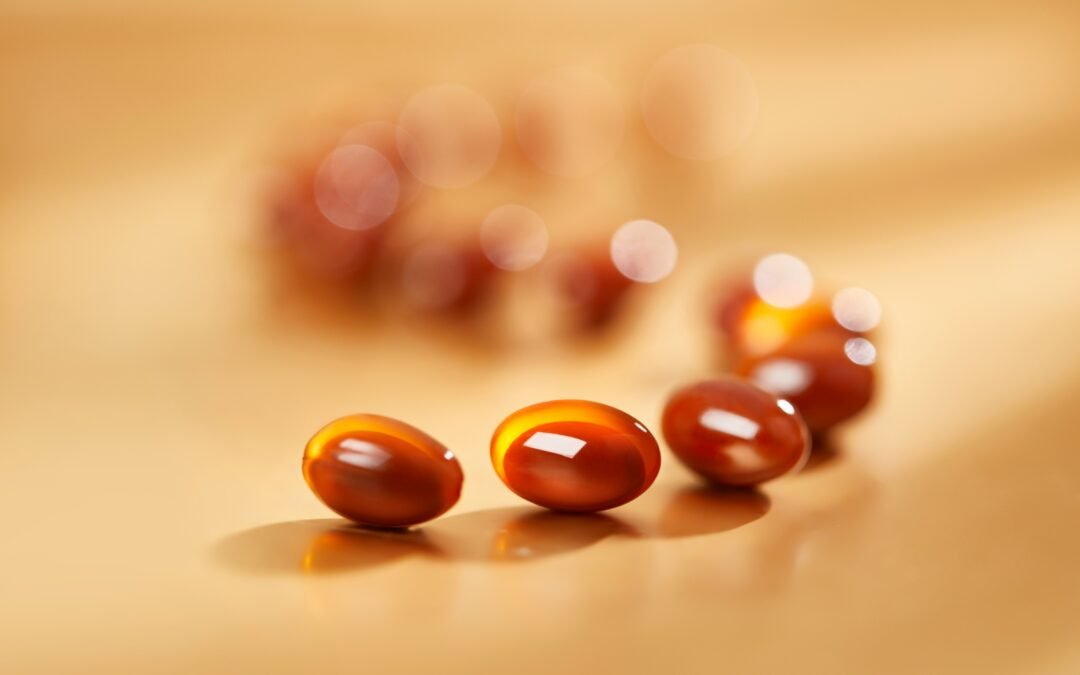16 July 2025
Vitamins are vital for health. There are 13 essential vitamins, and each supports key body functions — from building cells and strong bones to supporting the immune system and keeping skin, hair, and nails healthy.
Why we need vitamins
We can’t make most vitamins on our own. We get them mainly from food. A few exceptions include:
-
Vitamin D, which is made in our skin from sunlight.
-
Vitamin K, biotin, and some B12, which gut bacteria can produce in small amounts.
Vitamins help with:
-
Metabolism and energy production
-
Blood formation
-
Bone and tooth strength
-
Hormonal balance and nervous system support
Are we getting enough vitamins from food?
Many people worry about vitamin deficiency, especially since modern fruits and vegetables might have lower nutrient content. While studies show mixed results, storage and transport clearly reduce vitamin levels. The longer food is stored, the more vitamins are lost — sometimes up to 40%.
Additional factors that increase vitamin needs include:
-
Stress, smoking, and alcohol
-
Poor gut health
-
Intense exercise
-
Pregnancy and breastfeeding
-
Strict diets or heavy reliance on processed foods
Some common deficiencies include vitamin D, folic acid, iron, calcium, and iodine.
Should you take supplements?
While supplements seem like an easy fix, they often have low bioavailability and can’t replace the complex mix of nutrients in natural foods. Vitamins from fruits, vegetables, fish, meat, eggs, and whole grains work together with other substances your body needs.
Eat real food for real vitamins
A healthy diet is usually enough to prevent vitamin deficiency. Focus on:
-
Fresh fruits and vegetables daily
-
Fish 1–2 times per week
-
Cold-pressed vegetable oils
-
Nuts, legumes, and whole grains
-
Minimizing processed, sugary, and fatty foods
The Metabolic Balance nutrition plan helps ensure you get the right nutrients naturally, supporting your health without relying on pills.
Takeaway
If you eat a balanced, varied diet rich in whole, fresh foods, you typically don’t need supplements. Your body will get all the vitamins it needs to stay strong, energized, and healthy.
Related Articles
Healthy Food to Fight Migraine Pain
Migraines are severe, throbbing headaches that can leave you unable to work or enjoy daily life. Around 10–15% of adults experience migraines each year, and women are affected more often than men.
Some people also experience an aura before an attack — vision problems, dizziness, or tingling — as a warning sign.
Diabetes and Your Immune System: Why Infections Raise Blood Sugar
When flu season arrives, colds and infections spread quickly. For most people, these are just minor annoyances. But for people with diabetes or insulin resistance, infections can be dangerous.
Osteoporosis: When Bones Break Easily
Osteoporosis is a serious bone disease that makes bones weak and more likely to break. Over 43 million people in the U.S. have low bone mass and are at risk. Women, especially after menopause, are most affected, but men over 60 can also develop it.




